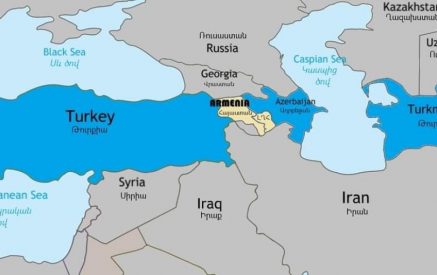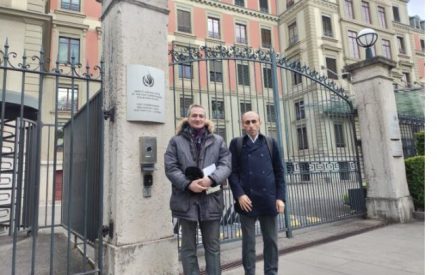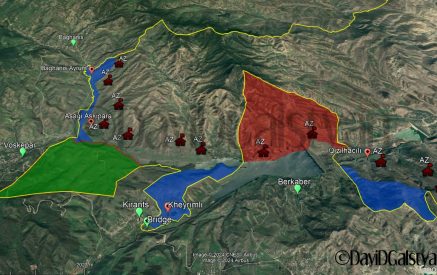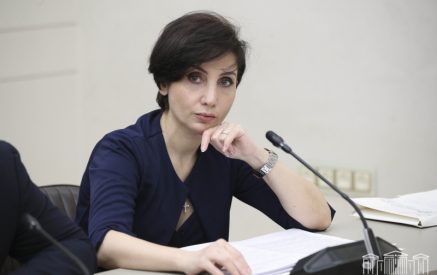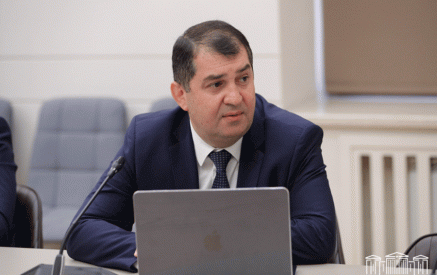To describe the current government, we have begun to employ the term “regime.” While the word “regime” originates as a synonym for any type of government, modern usage has given it a negative connotation in the public sphere. This term is viewed as indicative of dictatorial governance, wherein the government resorts to coercion against political opponents, particularly opposition forces aspiring to assume power. However, in political science, “regime” denotes a method of direct governance encompassing democratic practices.
Traditionally, three primary regimes of state administration are recognized: a/ totalitarian government, when the branches of government are integrated and ideology is used to control most aspects of human life, such as the political economy of the country, the system of education, the arts, the sciences, and the private-life morality of the citizens; b) presidential government, where branches of government are separated, in which a head of government, typically with the title of president, leads an executive branch that is separate from the legislative branch in systems that use separation of powers; and c) parliamentary government, wherein branches of government collaborate. In a parliamentary government the powers of the executive and legislative branches are intertwined as opposed to being held separate as a check against each other’s power.
There exists a pervasive stereotype suggesting that parliamentary systems foster greater democracy. Nonetheless, history documents instances of parliamentary governance operating in profoundly oppressive ways. Classic examples from the late Middle Ages include the tyrannical reigns of figures such as Girolamo Savonarola, a Dominican friar and puritanical fanatic who assumed moral dictatorship over Florence in 1494; French theologian, pastor, and reformer John Calvin, who established a harsh regime reminiscent of a gulag in Geneva from 1541 to 1564; and Oliver Cromwell, the political and military leader who governed England as Lord Protector, instituting a military dictatorship known as the Protectorate from 1653 to 1658. Moreover, formations arising post-French and Russian revolutions, namely the republics, exhibit similar tendencies.
Indeed, numerous instances of brutal repression and bloodshed have occurred. The so-called “democratic” republics have often been marked by mass violence surpassing that witnessed under any dictatorship or autocracy. Let’s not venture too distant. The prevailing political power in the Republic of Armenia embodies a “regime” perceived by the public as entwined with a system of governance rooted in unchecked authority.
Read also
Daily news replete with accounts of political arrests, unlawful acts, fabricated court cases, and unjust verdicts attest to this reality. One might wonder: why have the authorities, proclaiming themselves champions of democracy and Armenia as a “bastion of democracy,” unleashed an unprecedented wave of violence, curtailed freedom of speech, and filled prisons with political dissidents? The answer is clear: fear governs their actions. Fear of being held accountable for the atrocities committed against the homeland, its people, and the state over the past six years.
Another crucial question pertains to the opposition. Do we possess a constructive opposition that garners public acceptance, instills trust, and can articulate a viable political agenda? It must be acknowledged that the current government lacks, and has never had, a coherent political agenda. It has offered nothing but a blueprint for state dismantlement. Therefore, any successor must prioritize filling this void to neutralize the sole “advantage” of the current “regime”: its ability to wield brute force and misuse of administrative resources.
ACNIS (The Armenian Center for National and International Studies)












